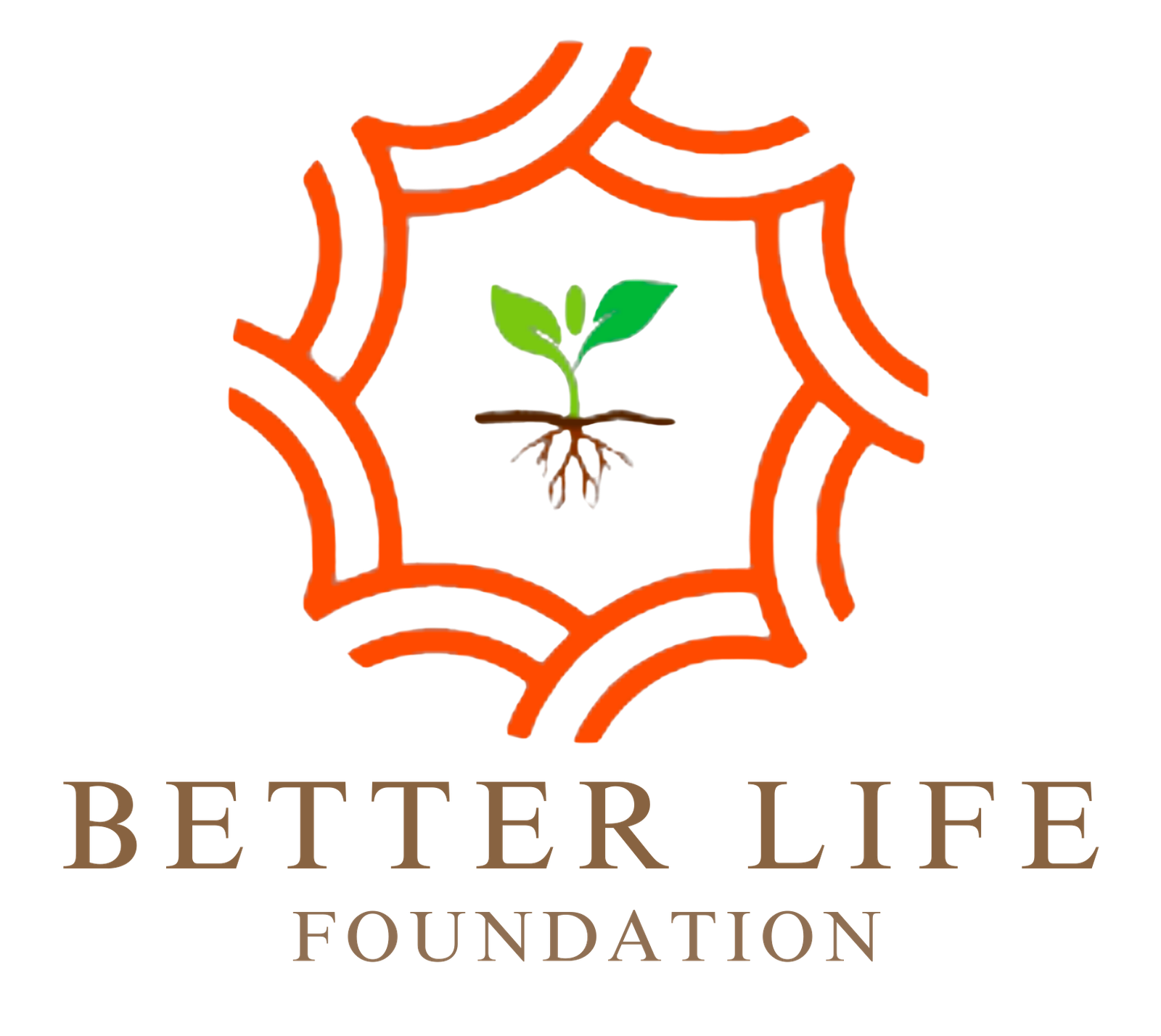Through POPI, BLF has supported three Farmer Producer Organizations (FPOs) in Tuensang and Kiphire. Some works include:
- Providing critical support for collective marketing and best agricultural practices.
- Strengthening market access and fair pricing.
- Securing farmer incomes by promoting sustainable agriculture and agricultural co-operative.
Better Life Foundation’s POPI Initiative
This program initiated with the support of NABARD assists the formation and growth of Farmer Producer Organizations (FPOs) in the remote tribal districts of Tuensang and Kiphire, providing over 2,000 members with the tools and resources needed to thrive in a competitive market.
Under the POPI initiative, BLF has supported three Farmer Producer Organizations, which has helped foster collective action and mutual support among its members. These FPOs empower farmers to collectively market their produce, share knowledge, and access critical agricultural inputs, ultimately reducing their reliance on middlemen and enhancing their bargaining power.
The POPI initiative focuses on high-value cash crops that offer significant income potential for small-scale farmers. Some key highlights include:
- Large Cardamom: With annual sales ranging from 50 to 100 metric tonnes.
- Ginger: In a recent milestone, 1,200 metric tonnes of ginger were sold to the Meghalaya Basin Management Authority.
- Lentils: Around 500 metric tonnes of lentils annually.
- Honey: The FPOs produce 3 to 4 tonnes of honey each year.
- Fruits: The initiative also promotes the marketing of high-value fruits such as kiwi, apples, plums, and other native varieties.
One of the primary goals of the POPI initiative is to strengthen market access for small-scale farmers. By forming co-operatives, these farmers gain collective bargaining power, ensuring fair prices for their produce and reducing the risk of exploitation by middlemen. This approach promotes long-term sustainability.
Through the POPI initiative, the Better Life Foundation is paving the way for a brighter future for Northeast India’s farming communities. By promoting sustainable agriculture, enhancing market access, and supporting agricultural cooperatives, the program empowers farmers to break free from the cycle of poverty and build resilient, self-reliant communities.
